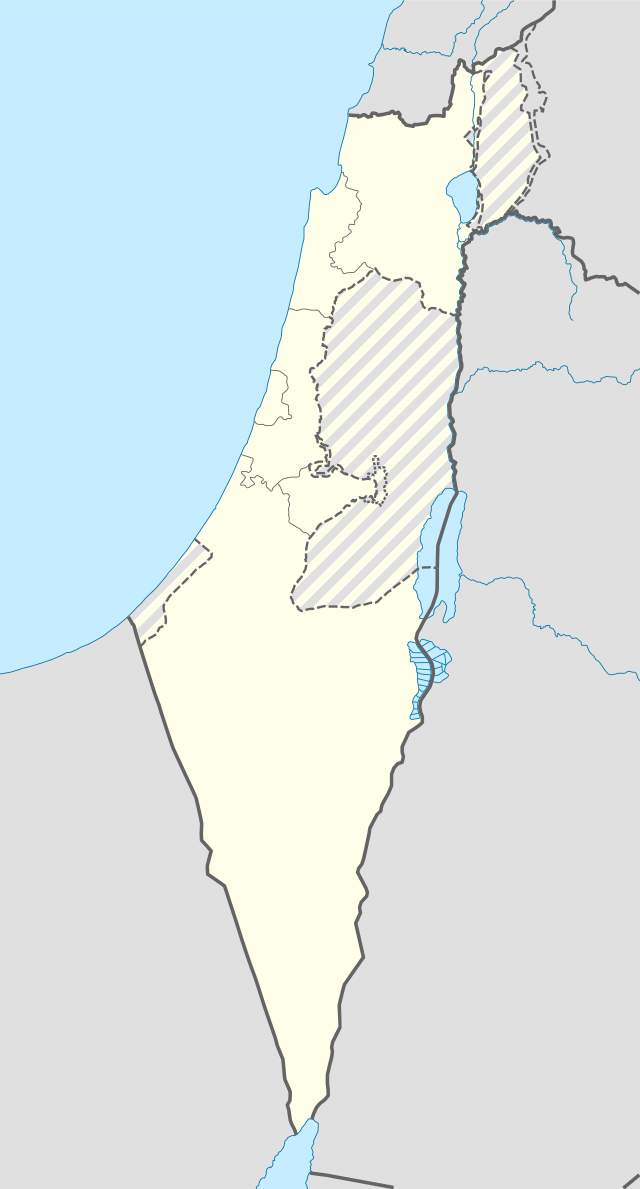For the past month, our news feeds have been filled with reports of the renewal of conflict between Hamas and the state of Israel. It’s been hard to avoid the seemingly endless stream of updates and opinion pieces covering both developments in the Middle East and fallout here at home, from student protests to simultaneously rising tides of Islamophobia and antisemitism.I think it’s natural for any reasonable person to try to parse all of this into some kind of personal viewpoint on the conflict, and I have certainly reflected on the topic myself in recent weeks, both on my own and in conversations with friends.
Usually in such circumstances, my knowledge of history helps to, if not provide a clear answer, at least bring some clarity to the situation. Here however, I have consistently found that the more familiar you are with the modern Middle East, the more difficult it becomes to arrive at a satisfying conclusion—a sentiment which former US President Barack Obama has also expressed. And this is no “uncomfortably inconvenient” situation, either, where the right answer is clear yet hard to stomach—in the word of Obama, “No one’s hands are clean.”
Of course, it’s not exactly a new phenomenon, realizing that the more knowledge you have, the more complicated you realize a subject to be, yet this particular confluence of events is one that dovetails both with the larger discipline of history and my own specialization in the history of empire. The Israel/Palestine conflict is, after all, essentially one of colonial resistance, both in the British Imperial origins of Israel to the current realities of Israeli policy and Palestinian subsistence in the region. Having written my undergraduate thesis on elements of the Mau Mau movement in Kenya in the 1950s and ’60s, I know just how messy these struggles can become, as colonizers make the lives of the colonized so desperate that they radicalize and push back in heinous, unforgivable ways—which then leads colonial forces to crack down indiscriminately.
So, too, as in Northern Ireland and so many other similar flashpoints, have the twin ideologies of nationalism and religion further hardened the opposing sides—though it is hard to find them quite this virulent, with Hamas advocating for global Jewish genocide and Israel pursuing policies that smack of ethnic cleansing. And then, of course, there are all the innocents caught in the middle, as neither side seems to care very much about the lives of civilians. As so many conflicts throughout history have shown us, mutual belief that each side is fighting for its very existence seldom yields a happy outcome.
Perhaps the most uncomfortable element of all of this, however, is that it is so current. Rightly or wrongly, it is easy for us historians to hide behind the historicity of the events we study. We respect the principle of historical relativism, try not to judge our subjects by our own morals but instead contextualize them in the currents of their own time, and simply relate what occurred, regardless of whether we as people judge it right, wrong, or indifferent (or at least, we do when trying to align with the best models of responsibility in our field). Yet in the case of the unfolding catastrophe in Gaza, we are not afforded that luxury. It demands a solution, and as badly as we want one that delivers that elusive “perfect ending,” life is not a video game that wraps up so nicely. I suspect that if this interminable conflict is ever resolved, no one will be close to completely happy, but I can only hope that those with experience, courage, and especially perspective will be able to do so within my lifetime.
Writings on this thorny topic can get very partisan very quickly, but for a good starting point, try James L. Gevin’s The Modern Middle East: A History, from Oxford University Press.
